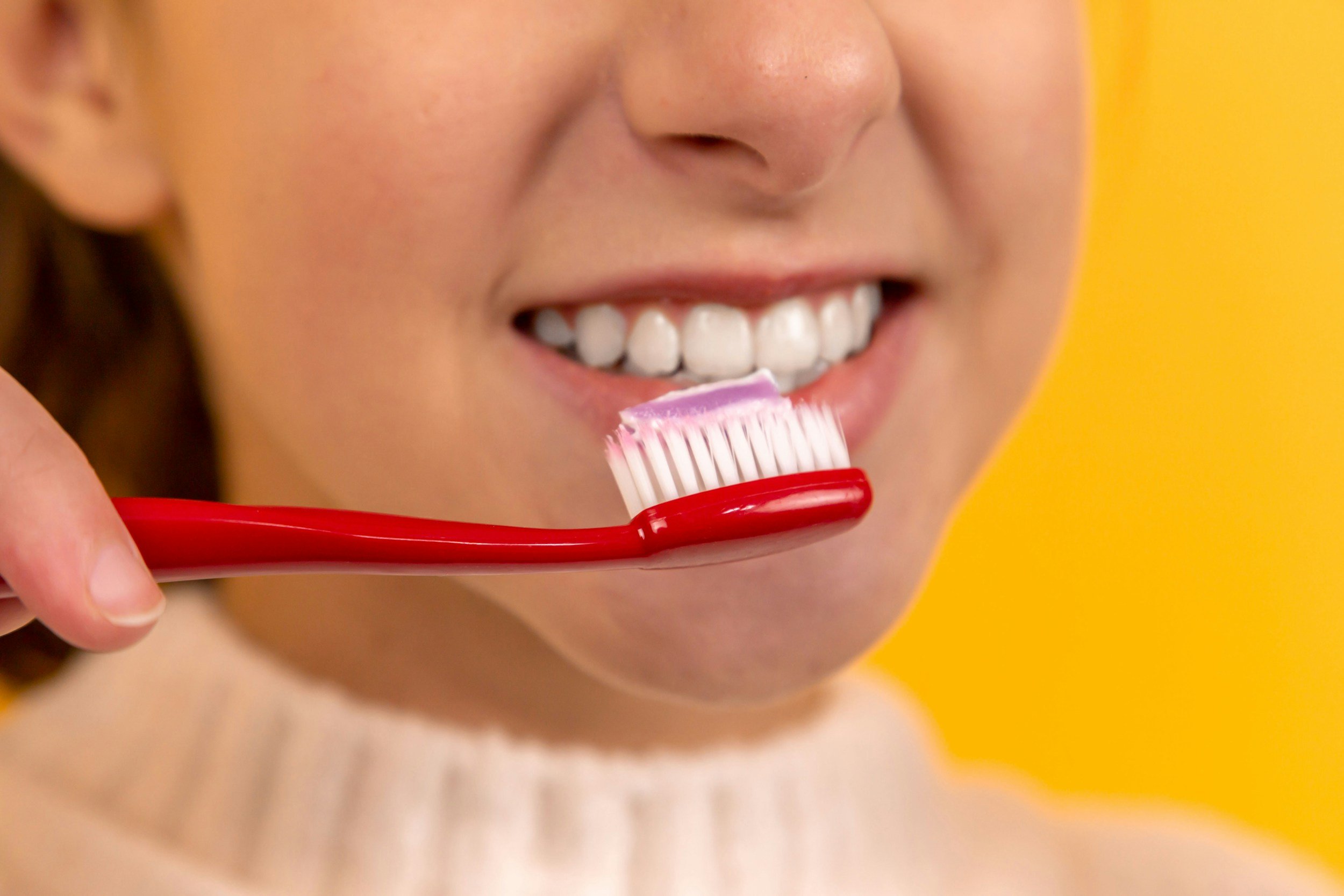How healthy are the UK population’s eyes?
Just how healthy are our eyes as a nation? In addition, how can services offered by the NHS help us to improve or maintain our eyesight?
5 minute readOur eyesight is something many of us take for granted — until it starts to decline. But how can we keep our eyes healthy? What services are available in the UK for eye health? And is all that screen time really damaging our eyes?
In this article, Health Prem takes a deeper look into the nation’s eyes.
How healthy are the UK’s eyes?
Like many other areas of healthcare, the pandemic had a negative impact on the nation’s eye health as routine eye tests were put on hold. This led to a backlog of patients waiting for care.
In a 2022 report on the state of the UK’s eye health, the diagnosis and monitoring of glaucoma was found to be of particular concern. Regular eye tests allow for early detection of glaucoma before symptoms appear and treatment started in the early stages of the disease is often more effective. In addition, regular monitoring of people diagnosed with glaucoma is vital to prevent the condition from deteriorating, leading to possible sight loss.
In the UK:
Over 2 million people are living with sight loss. Of these around 80% are over 65 and over half are women.
77% of women and 68% of men wear glasses or contact lenses
The number of eye tests in 2020 fell by 23% compared to tests administered in 2019
A 2022 survey by UK charity Guide Dogs found that approximately 8% of those questioned had never had an eye test, while 25% hadn’t had an eye test in more than three years
The most prevalent eye diseases in the UK are:
Age-related macular degeneration (600,000 people)
Glaucoma (500,000 people)
Cataracts (500,000 people)
Diabetic retinopathy (144,000 people)
What eye services are available on the NHS?
Booking an eye test at your local optician is normally the place to start if you want to check the health of your eyes.
Opticians are staffed by optometrists or ophthalmic practitioners, trained professionals who perform eye tests, detect abnormal conditions such as cataracts and glaucoma and prescribe glasses and contact lenses. In some cases, your optician may refer you to a GP, eye clinic or specialist optometrist for further investigations or treatment.
Like many other primary care services such as GPs, dentists and pharmacists, opticians are private businesses under contract to the NHS to deliver NHS services. This means that in England, Wales and Northern Ireland, you pay for eye tests and other services unless you are entitled to free eye tests. Eye tests in Scotland are free to all UK residents, refugees, asylum seekers and some overseas visitors.
How do I book an eye test?
There are many high street opticians in the UK where you can make an appointment for an eye test. Some well-known opticians include Specsavers, Boots and Vision Express. You can make an appointment online or by visiting your local branch.
How much does an eye test cost?
The cost of an eye test varies, but is generally around £25.
Can I get a free eye test?
You are entitled to free eye tests in England, Wales and Northern Ireland if you:
Are under 16 years of age, or under 19 and in full-time education
Are 60 years of age or over
Are registered as sight impaired or severely sight impaired
Have been diagnosed with diabetes or glaucoma
Are aged 40 and over and have a close family member with glaucoma
Are at risk of developing glaucoma
Are a prisoner on leave from prison
Are eligible for an NHS complex lens voucher
Receive income support or income-based job seeker’s allowance
Receive pension credit, income-based employment and support allowance, or universal credit
Are entitled to, or named on a valid NHS exemption certificate or a valid NHS certificate for full help with health costs
How often should I have an eye test?
The NHS recommends getting your eyes tested every two years. Your ophthalmic practitioner or optometrist will advise you if you need to have an eye test more often than this.
How much do prescription glasses cost?
The cost of prescription glasses varies depending on the type of lenses and the frames you choose. Some frames are free, while others range from around £20 to over £180. The price of lenses depends on whether they have any additional features like bifocals, varifocals, or an anti-scratch or anti-reflective coating. On average, lenses range from around £30 to £300.
If you meet the criteria for free eye tests, you are also eligible for optical vouchers that can be redeemed against the cost of your glasses. The amount covered by the voucher depends on your prescription but starts at around £30 and can be as much as £187.
Is laser eye surgery available on the NHS?
Laser eye surgery is a procedure to correct problems with your sight such as long-sightedness, short-sightedness and astigmatism. It can also be used to treat conditions that can lead to loss of vision like diabetic retinopathy.
Laser surgery isn’t usually available on the NHS unless you have:
An eye condition that may lead to loss of vision or blindness
Problems with your sight that cannot be corrected by wearing glasses or contact lenses
The cost of private laser eye surgery in the UK ranges from £1,695 to £3,000 per eye.
What can I do to help my eyes stay healthy?
In addition to having regular eye tests, there are some things you can do to help your eyes stay healthy for as long as possible including:
Follow a healthy diet — nutrients such as omega-3 fatty acids, lutein, zinc, and vitamins C and E may help protect against some age-related eye problems. Eat plenty of fruits and vegetables, particularly green leafy vegetables such as spinach and kale, oily fish like salmon and tuna, and eggs, nuts and beans.
Stop smoking — as well as being detrimental to your overall health, smoking can damage your eyes and increase your chances of developing cataracts and macular degeneration.
Maintain a healthy weight — keeping your weight within healthy limits reduces the risk of obesity-related conditions such as type 2 diabetes, which is the leading cause of blindness in adults.
Protect your eyes from the sun — too much UV light can damage your eyes leading to cataracts and macular degeneration, so protect your eyes with a good pair of sunglasses that block 99-100% of UVA and UVB rays.
Wear protective eyewear — use protective glasses or safety goggles if you work with hazardous or airborne materials that can damage your eyes. Wear the correct protective equipment when playing sports with a high risk of eye injury such as hockey, baseball, basketball and squash.
Seek medical attention immediately if you notice changes in your vision — this may include blurred, clouded, distorted or double vision, poor night vision, floaters, flashes of light or haloes around lights, zigzags, spots or stars in your line of vision or difficulty distinguishing between colours.
Can blue light from computers and phones damage your eyes?
While there is no evidence that the blue light emitted by computer and phone screens can cause permanent damage to our eyes, extended periods of time staring at a computer or phone screen can lead to problems such as eye strain, dry eyes, sleep problems and headaches.
When using your phone or computer, give your eyes a break by looking 20 feet away for 20 seconds every 20 minutes and take at least a 15-minute break every two hours. If your sleep is affected by blue light, reduce screen time in the evening and set your devices to ‘night mode’.
Will everyone need glasses as they age?
Presbyopia is an age-related condition that affects the majority of people as they get older. It usually begins between the ages of 41 and 60 and makes it difficult to see things at close distances such as when reading or using a computer. Presbyopia occurs due to normal changes in your eye’s ability to focus and progresses over time.








